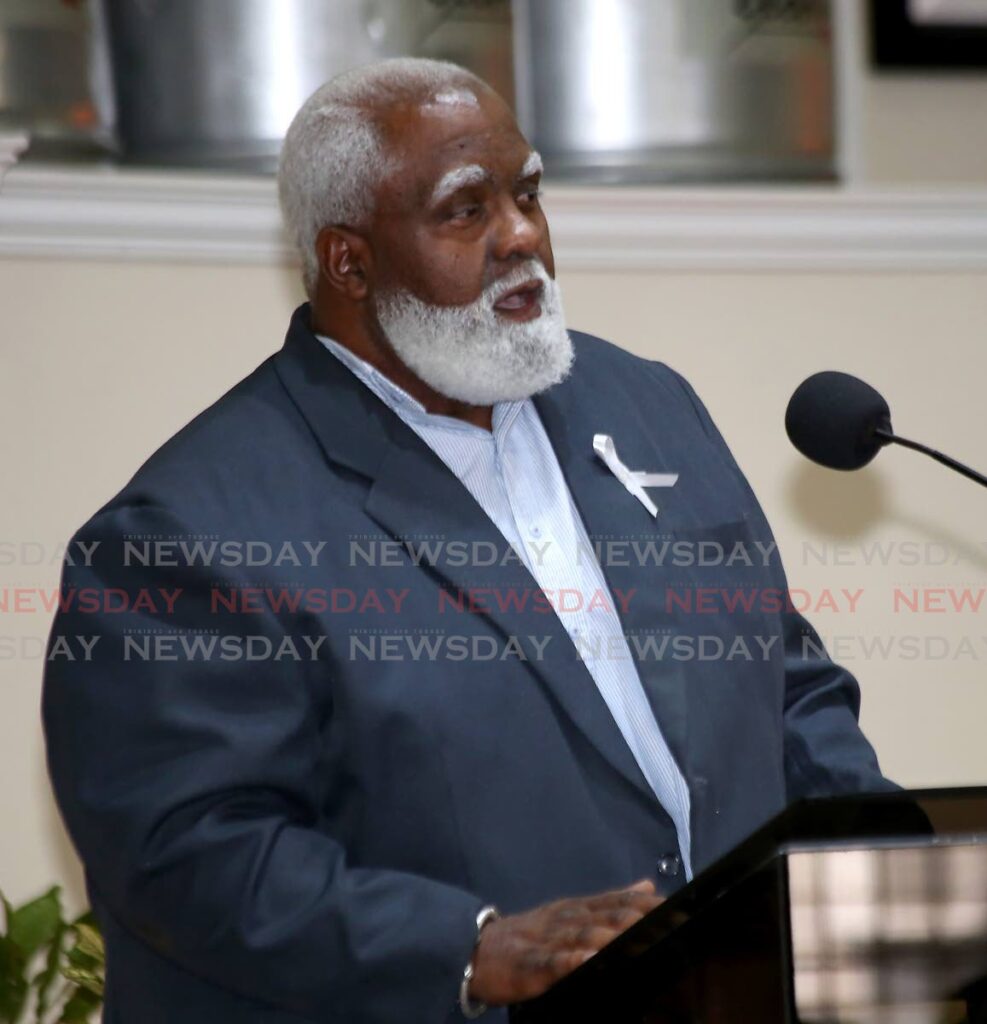The invisible crime fighters

WHEN WE THINK of those at the frontlines of this country’s response to crime, we think of the usual suspects: the police, the members of the Defence Force and the entire range of law-enforcement officers who protect and serve the public valiantly day in and day out.
Too seldom, however, do we think of people like Jeffrey Peters.
Mr Peters, 51, a security guard with Allied Security Ltd, was among those ambushed while transporting money in La Romaine on September 19, 2022. One of his co-workers survived the attack, but he did not.
He died not knowing that he was poised to become, for yet another time in his life, a parent.
His widow, Amanda La Vende, this week confirmed she only learned of her pregnancy after his funeral. Her child will never experience a father’s embrace nor hear her father’s voice and will grow up with siblings who, to date, might still be asking “Where Daddy?”
Mr Peters is literally one out of thousands. There are as many as 6,000 security guards working in this country. And yet, they are almost invisible when it comes to official recognition of the role they play in the deterrence of crime and in the interdiction of wrongdoers.
That much is clear based on the complaints aired by president of the Estate Police Association, Deryck Richardson, at a seminar on Wednesday at which the case of Mr Peters was raised.
Mr Richardson said the association was still “lending support” to the widow, pointing to one of the biggest disadvantages faced by these guards.
While the families of some members of the armed forces at one stage were beneficiaries of special grants paid after their loved ones died in the line of fire, and while officers generally enjoy representation by statutorily established associations or bargaining units, many guards depend on personal insurance policies in the event of death or injury. There are limits to the Workmen's Compensation Act.
Security workers put their lives on the line but can have challenges accessing training, are sometimes denied leave and can face difficulties in claiming overtime benefits.
Former attorney general Ramesh Lawrence Maharaj last year even alleged some employers victimise workers who attempt to mobilise for better treatment by taking part in association activities.
Meanwhile, Mr Richardson also last year expressed disquiet over legislation tabled in Parliament which is meant to regulate the industry by establishing a licensing regime, among other things.
Police officers – and some unionised workers in the private sector – recently accepted a four per cent wage hike from the State.
But clearly there remains much to be done to treat all of our first-responders fairly.


Comments
"The invisible crime fighters"